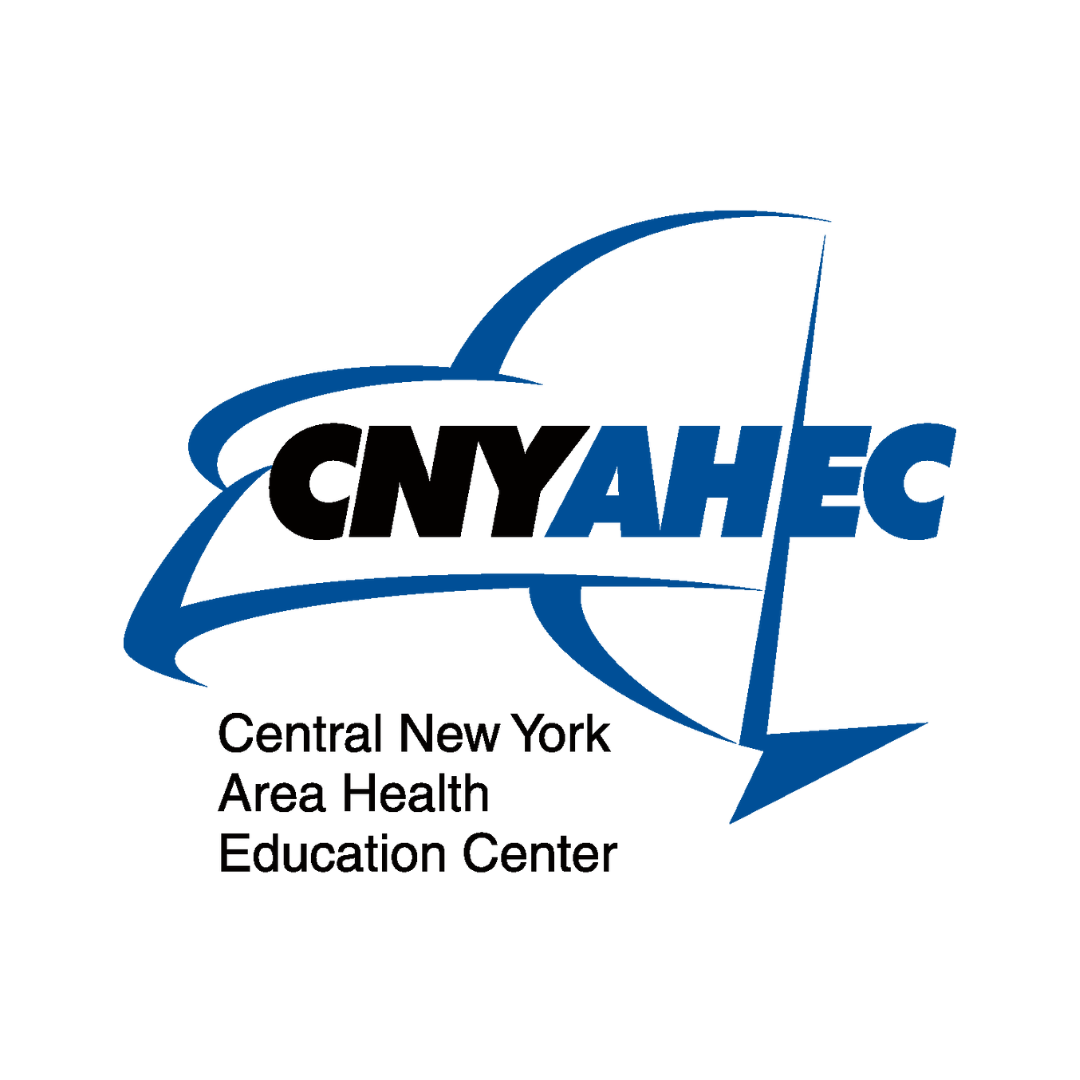What is the Rural Immersion Program?
There aren’t enough healthcare providers in rural New York, as well as the rural United States, to serve not only our current population but the emerging aging population as well. Recruiting and retaining providers in rural communities is exceedingly difficult. Numerous studies demonstrate that providers tend to practice in locations in which they have been trained, in part or whole. Therefore, designing a clinical training curriculum to include immersion in a rural community will very likely result in some of those students electing to practice in that, or another, rural community.
The Rural Immersion program aims to provide health professions students a week-long experience of life as a rural health care provider outside of the clinic setting.
This program is far more than just recruiting healthcare professionals — it is about building a community and growing the local economy. In this effort, we’re all indispensable stakeholders.
This program was designed to:
- Help students gain an understanding of rural healthcare settings, including their benefits and barriers
- Have students become interested in a career in rural medicine (a high need area in healthcare) and health care
- Expose students to a variety of different healthcare professions
The Rural Immersion Program is a partnership between a rural hospital, the community within which it resides, the university or college providing the medical or health professions students, and the local Area Health Education Center (AHEC). While CNYAHEC has been conducting Rural Immersion Projects since 2013, each Rural Immersion Program is unique with different rural locations, curriculum, and activities. CNYAHEC has worked in partnership with Wells College and SUNY Upstate Medical University in locations such as Lowville, Little Falls, Ogdensburg, Oswego, and Star Lake, among others.
The immersion curriculum typically covers topics and activities such as:
- Hospital and clinic tours
- Provider interviews and job shadowing
- Public health department & hospital administration interviews
- Community tours and activities
- Engagement with community leaders, businesses, and agencies
